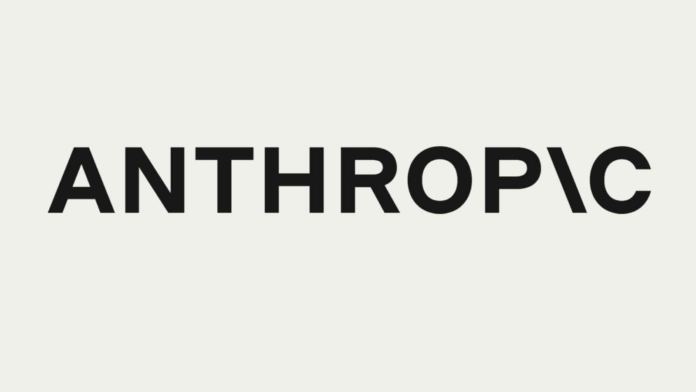Copyright remains a sensitive issue in the AI industry. As of now, there is still no “global” law that agrees on how to handle cases involving training AI models. For this reason, different media platforms have sued AI developers on their own for using their content. Anthropic has been embroiled in copyright-related disputes with music publishers.
Claude, Anthropic’s main product, is an AI-powered chatbot similar to ChatGPT or Gemini. One cool thing about it is that you can use really detailed prompts thanks to its 100K token input limit. Until recently, Claude’s free tier boasted of being more capable than ChatGPT’s, making it a solid option whether you want to experiment or even use it professionally.
Anthropic will take measures to prevent music copyright infringement on Claude AI’s outputs
That said, music publishers are not happy with the way Anthropic trained Claude. Since late 2023, the company has been facing lawsuits from firms like Universal Music and ABKCO, among others. They allege that the AI company used copyrighted music to train the chatbot. Tracks like Beyoncé’s “Halo” and Maroon 5’s “Moves Like Jagger” are on the list, as reported by Engadget.
On Thursday, the legal battle had a new outcome that may help appease the plaintiffs. Anthropic pledged to prevent Claude from reproducing or distributing music licensed by music publishers. They will also implement such a measure when training future AI models. Plus, Anthropic will respond “expeditiously” to publishers’ copyright concerns explaining how they will address the matter. If in any case Anthropic considers that it should not act, the company must detail the reason.
“Claude isn’t designed to be used for copyright infringement, and we have numerous processes in place designed to prevent such infringement,” said an Anthropic spokesperson. “Our decision to enter into this stipulation is consistent with those priorities. We continue to look forward to showing that, consistent with existing copyright law, using potentially copyrighted material in the training of generative AI models is a quintessential fair use,” he added.
Publishers want to prevent the use of copyrighted content for AI training
However, the court battle is far from over. The music publishers who are suing Anthropic want to make sure that the company can’t use their music for AI training in any way. On the other hand, the AI-focused company says that it is “quintessential fair use” to use copyrighted content to train AI models. Because there aren’t firm laws on the subject, AI developers have taken advantage of the “gray area.”
Legislating on artificial intelligence is as difficult as it is delicate. AI-powered technologies evolve at such a pace that they make regulatory projects obsolete before they even become law. Meanwhile, regulating without thoroughly analyzing the impact on the industry could potentially hinder the development of the segment.
In the end, individual trials will set precedents for future cases. So, the output of lawsuits such as music publishers vs. Anthropic may be key.


